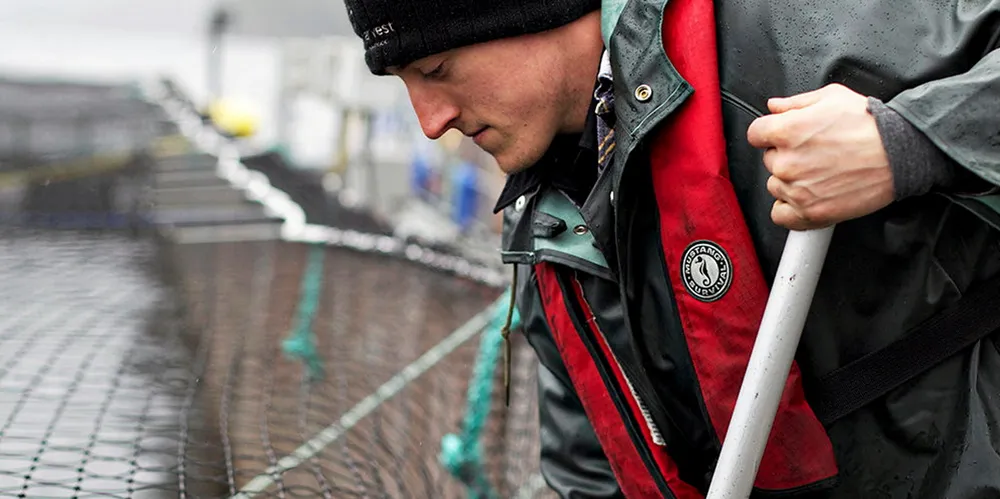Losses from British Columbia's farmed salmon cull could total $134 million
The decision to close the Discovery Islands farming area could lead to a loss of more than 24% of the province's salmon production, according to a new report.

The decision to close the Discovery Islands farming area could lead to a loss of more than 24% of the province's salmon production, according to a new report.
